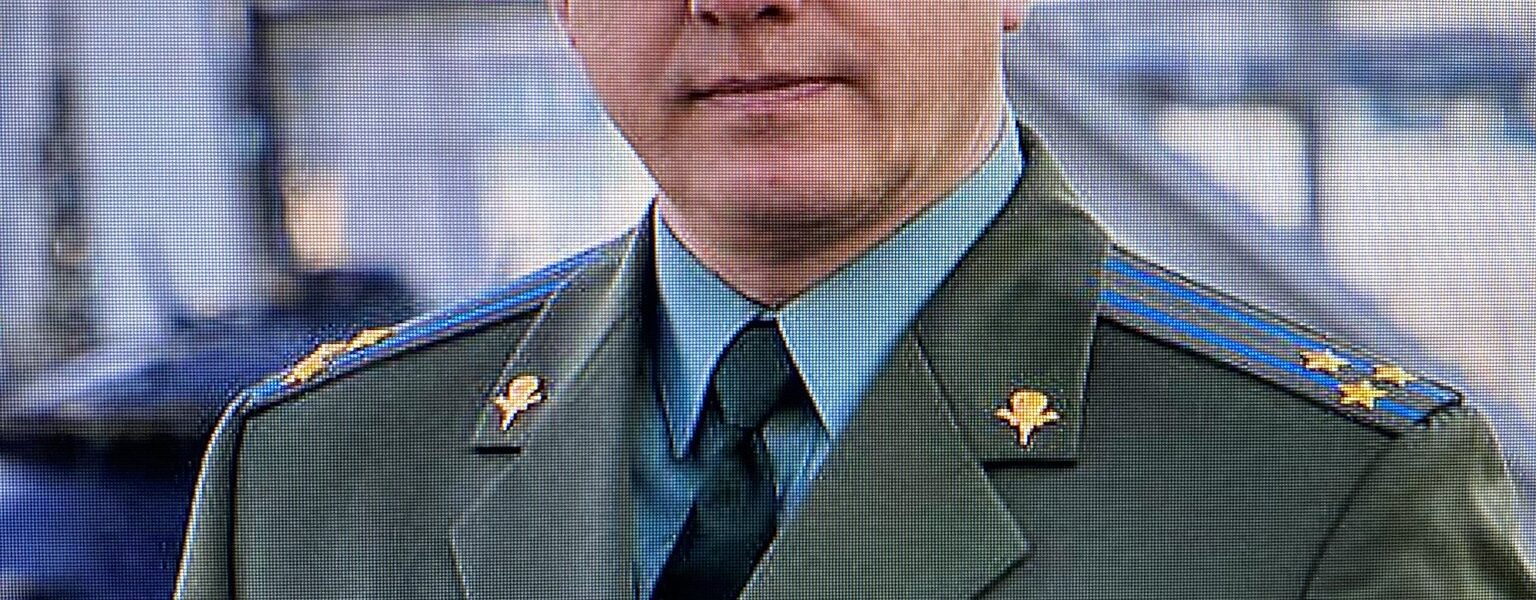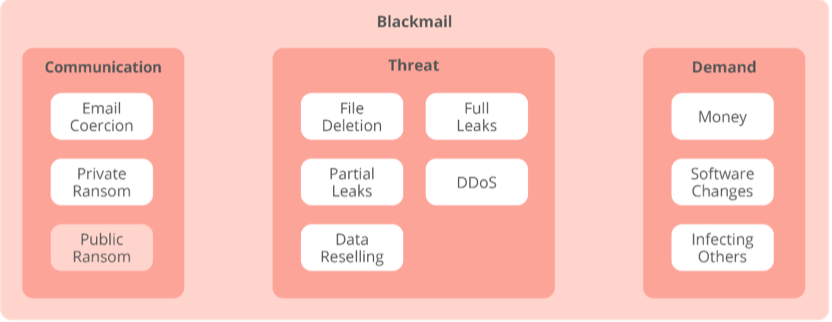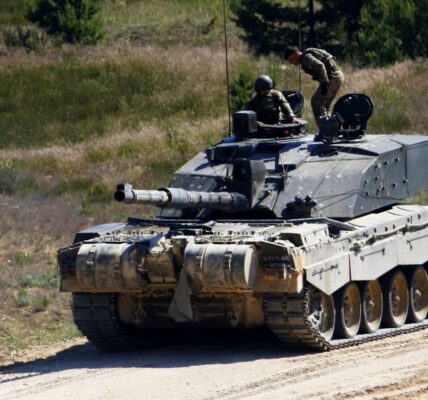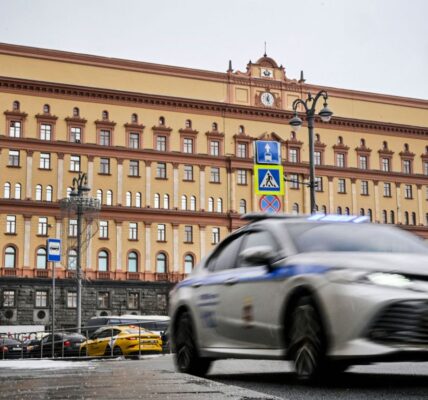
The Russian agent expelled from Britain for spying is Maxim Elovik, an intelligence officer working under the cover of the defence attaché to the UK.
Elovik – who has been in Britain for around a decade – is believed to be a member of the Russian military intelligence service called the GRU, also known as the Main Directorate of the General Staff of the Armed Forces of the Russian Federation.
In his role, Col Elovik would have been responsible for planning and coordinating numerous Russian covert operations in the UK and could have potentially been involved, or at least had prior knowledge of, the Novichok nerve gas attack in 2018.
Elovik has been expelled on the grounds that he was an “undeclared military intelligence officer” – in other words, a spy.
In all likelihood, Elovik would have been a priority target for MI5’s counter-espionage department, who would have been closely monitoring his activities and associates.
Elovik appears to have been very successful at his role as defence attaché to the Russian Embassy. He met with the Chief of Defence Staff, Admiral Sir Tony Radakin, for talks in September 2022, supposedly to “strengthen military to military channels of communication” with Moscow.
As a former assistant military attaché at Russia’s embassy in the US, he was allowed into the Ministry of Defence for meetings and was pictured at wreath-laying ceremonies commemorating Russian war dead last year.
But Home Secretary James Cleverly told the Commons on Wednesday that the colonel was in fact an ‘undeclared military intelligence officer’.
Colonel Philip Ingram, a former military intelligence officer said: “The GRU is composed of various intelligence gathering and assessment capabilities including signals intelligence, human intelligence and cyber capabilities, a large highly trained special forces capability called the Spetsnaz and imbedded within that are specialist units with officers who carried out the Novichok attack on Sergei Skripal in Salisbury in 2018. It could be that Elovik’s metaphorical fingerprints are all over several incidents that have been blamed on Russia and deemed unacceptable.”
Another intelligence source speaking on the grounds of anonymity added: “All defence attachés have an intelligence role and Russian ones in particular tend to come from their intelligence services. Their activities are closely monitored by MI5 and this would have been the case for Elovik who would have been under surveillance almost from the moment he stepped foot in Britain. Something must have changed very quickly in his activities which has led to his expulsion. He was also an obvious target for expulsion by the British government which clearly wants to send a message to the Kremlin. Along with Elovik’s expulsion, the Home Office is imposing restrictions on Russian diplomatic visas, with a cap on how long the diplomats can stay in the country.
A series of Russian-owned buildings in the UK will also be stripped of diplomatic status as part of a range of measures being brought against the Kremlin.
Sources said the suspected spy bases will not formally close and diplomats may still live there, but they will no longer be able to enjoy special status as a working site of the Russian Embassy and the legal protections that affords them.
One of the Russian intelligence hubs hit is Seacox Heath, a Grade II listed mansion in Ticehurst, East Sussex, which has been owned by Moscow since 1946.
The 83-acre estate, with tennis courts and a football pitch, was originally intended as a luxury retreat for diplomatic staff.
In 1952 it was described as a ‘Russian country club’.
Dubbed ‘Putin’s Palace’ in the UK, little is now known about what goes on behind the gates of the 1871 mansion.
Another key building to lose diplomatic status is the Russian Embassy’s trade and defence section in Highgate, north London, in a neighbourhood popular with Russian diplomats and oligarchs.
The expulsion of the Russian spy will not be without consequences, and reciprocal expulsions of British diplomats by the Kremlin will probably occur in the coming days and weeks.



































































































































































































































































































